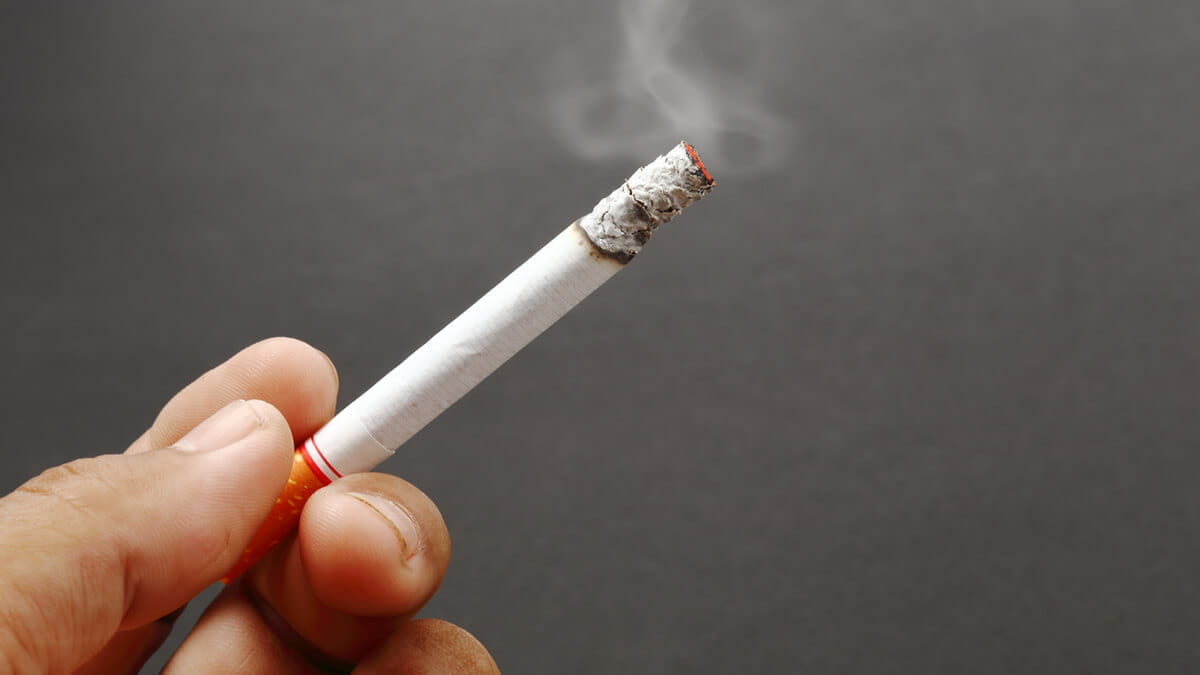A public health professional could tell you that smoking is the leading cause of preventable death in the United States, but these numbers from the Centers for Disease Control and Prevention (CDC) speak for themselves:
- Smoking is responsible for over 480,000 premature deaths every year, including more than 41,000 deaths resulting from second hand smoke.
- Healthcare expenses and other economic losses total over $300 billion annually.
And yet funding specifically intended to prevent and control tobacco use is not being spent. Here are 10 alarming facts from the CDC about tobacco use, costs, and control.1
- Smokers die 10 years earlier than nonsmokers on average.
- If young people continue smoking at the current rate, about one in every 13 Americans currently aged 17 or younger will die prematurely of a smoking-related illness.
- Smoking triggers disability and disease and damages almost every organ. Effects include cancer, heart disease, rheumatoid arthritis, lung diseases, diabetes, and certain eye diseases.
- States are sitting on billions of dollars from tobacco taxes and tobacco industry legal settlements to prevent and control tobacco use.
- In fiscal year 2019, states will collect a record $27.3 billion from tobacco taxes and legal settlements but will spend less than 3% of that money on prevention and cessation programs.
- Spending a mere 12% ($3.3 billion) of that $27.3 billion would fund every state tobacco-control program at the levels recommended by the CDC.
- Not one state funds tobacco-control programs at the CDC’s recommended level at the moment.
- The tobacco industry spent $9.36 billion on the advertising and promotion of cigarettes and smokeless tobacco in 2017. That’s about $25 million every day, and over $1 million every hour.
- Smoking costs the United States almost $170 billion in direct medical care for adults and over $156 billion in lost productivity due to exposure to secondhand smoke and premature death.
- Every day, about 2,000 people younger than 18 smoke their first cigarette and more than 300 people younger than 18 years old become daily cigarette smokers.
After reading this list of facts, you might feel inspired to explore jobs in public health—jobs where you could dig in and make a difference. Walden University’s online Master of Public Health (MPH) or MS in Health Education and Promotion degree programs provide the education you need to address public health issues and effect positive change in an array of settings.
Earn your health education and promotion or public health degree online at Walden University, an accredited institution offering degree programs through a flexible, convenient online learning platform.
1Source: https://www.cdc.gov/tobacco/data_statistics/fact_sheets/fast_facts/index.htm
Walden University is accredited by The Higher Learning Commission, www.hlcommission.org.




